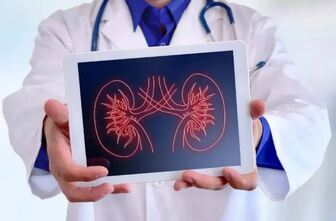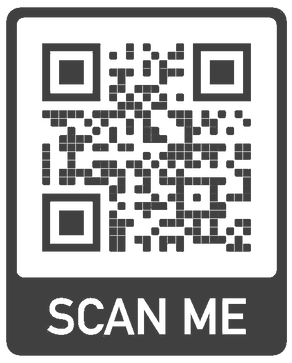 Chronic kidney disease (CKD) is a progressive condition characterized by the gradual loss of kidney function over time. This condition can lead to a range of symptoms, including fatigue, nausea, high blood pressure, and fluid retention. Acupuncture and Chinese Medicine have been shown to be effective in managing CKD and its associated symptoms. Acupuncture is a form of Traditional Chinese Medicine (TCM) that involves the insertion of fine needles into specific points on the body. These points are believed to be connected by meridians, or pathways, through which energy, or qi, flows. By stimulating these points, acupuncture is thought to balance the flow of qi and promote healing.
Acupuncture has been shown to be effective in treating a range of CKD symptoms. For example, studies have shown that acupuncture can help reduce fatigue in CKD patients, with significant improvements in energy levels compared to control groups that did not receive acupuncture. Acupuncture has also been shown to be effective in reducing pain and improving sleep in CKD patients. In addition to acupuncture, Chinese herbal medicine can also be used to manage CKD. Chinese herbs are used in combination to create customized formulas tailored to each patient's individual needs. These formulas are designed to address the underlying imbalances that contribute to CKD, as well as to alleviate symptoms. One of the most commonly used herbs in the treatment of CKD is Rehmannia glutinosa. Rehmannia, in conjunction with other complementary herbs, has been shown to be effective in improving kidney function and reducing inflammation in the kidneys. Another herb commonly used in the treatment of CKD is Astragalus membranaceus, which has been shown to improve kidney function and reduce proteinuria, or the presence of excess protein in the urine. In addition to acupuncture and herbal medicine, dietary therapy is another important aspect of TCM treatment for CKD. In TCM, the kidneys are considered to be the foundation of the body's yin and yang energies. Yin represents the body's cooling and nourishing aspects, while yang represents its warming and active aspects. CKD is considered to be a yin deficiency condition, which means that the body is lacking in its cooling and nourishing energies. To address this deficiency, TCM practitioners recommend a diet that is rich in cooling and nourishing foods. This includes foods such as fruits, vegetables, grains, and legumes. In addition, foods that are high in salt, sugar, and animal protein should be avoided, as they can exacerbate CKD symptoms. In summary, acupuncture and Chinese Medicine can offer a holistic approach to managing CKD and its associated symptoms. Acupuncture, Chinese herbal medicine, dietary therapy, and mind-body practices can all be tailored to meet the unique needs of each patient. By working with qualified TCM practitioners, CKD patients can receive safe and effective treatment that is tailored to their individual needs. Comments are closed.
|
About UsAt Singeast TCM, we provide comprehensive diagnosis and personalised TCM treatment services at the convenience of your home.
Contact UsTo make a home visit appointment, reach us by the phone number or QR code below.
Archives
May 2024
ALL RIGHTS RESERVED © SINGEAST TCM
|



 RSS Feed
RSS Feed
